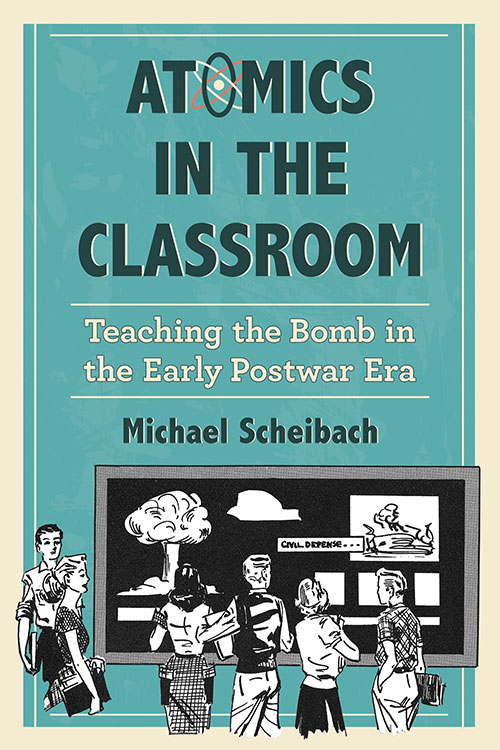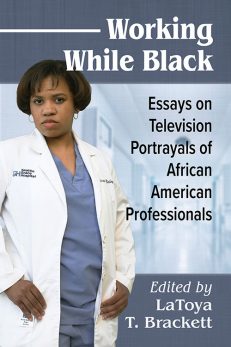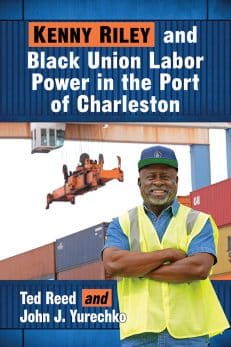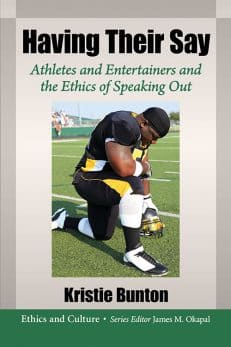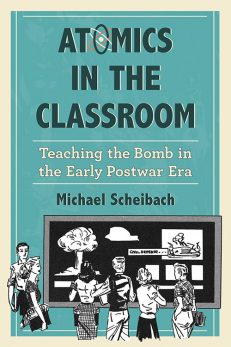Atomics in the Classroom
Teaching the Bomb in the Early Postwar Era
$29.95
In stock
About the Book
After the August 1945 atomic bombings of Hiroshima and Nagasaki and Japan’s unconditional surrender, America’s educational community quickly focused on preparing the younger generation for the atomic age. With the support of the federal government, elementary and secondary schools developed a curriculum known as “atomics,” emphasizing the bomb’s destructive power, peaceful applications of the atom and, most important, the need to control nuclear research. By the 1950s, with the Soviet Union’s acquiring of the bomb, “atomics” expanded to include civil defense topics and activities, such as “duck and cover” drills. This book examines the broad curriculum–in social studies, science, mathematics, English, home economics and art–that emphasized atomics in American classrooms of the early postwar era. Lesson plans, class projects and activities, resource materials and extracurricular experiences are included.
About the Author(s)
Bibliographic Details
Michael Scheibach
Format: softcover (6 x 9)
Pages: 224
Bibliographic Info: 17 photos, glossary, appendices, notes, bibliography, index
Copyright Date: 2015
pISBN: 978-1-4766-6356-2
eISBN: 978-1-4766-2298-9
Imprint: McFarland
Table of Contents
Preface 1
Introduction 7
1. One World or None 15
Teaching International Understanding 35
2. Teaching for the Atomic Age 45
A Unit Outline for Teachers 67
3. Fear, Anxiety and Civil Defense 74
Civil Defense in the Classroom 92
4. Safeguarding Democracy 115
Educating for Survival 130
5. The New Frontier 143
Conclusion 151
Appendix A: Suggested Learning Experiences 159
Appendix B: Rural Civil Defense Youth Program 176
Appendix C: Glossary of Atomic Terms 183
Chapter Notes 193
Bibliography 203
Index 211
Book Reviews & Awards
• “Rich in source material”—American Studies Journal
• “Scheibach is thorough in his analysis of national attention to educating students about the dangers and potential of atomic energy…This work helps to enlarge our understanding, especially for those born later in the Cold War and after, of the atomic bomb’s impact not only on American military and international policy but also its domestic policy, even down to its educational policy.”—H-Net Reviews

